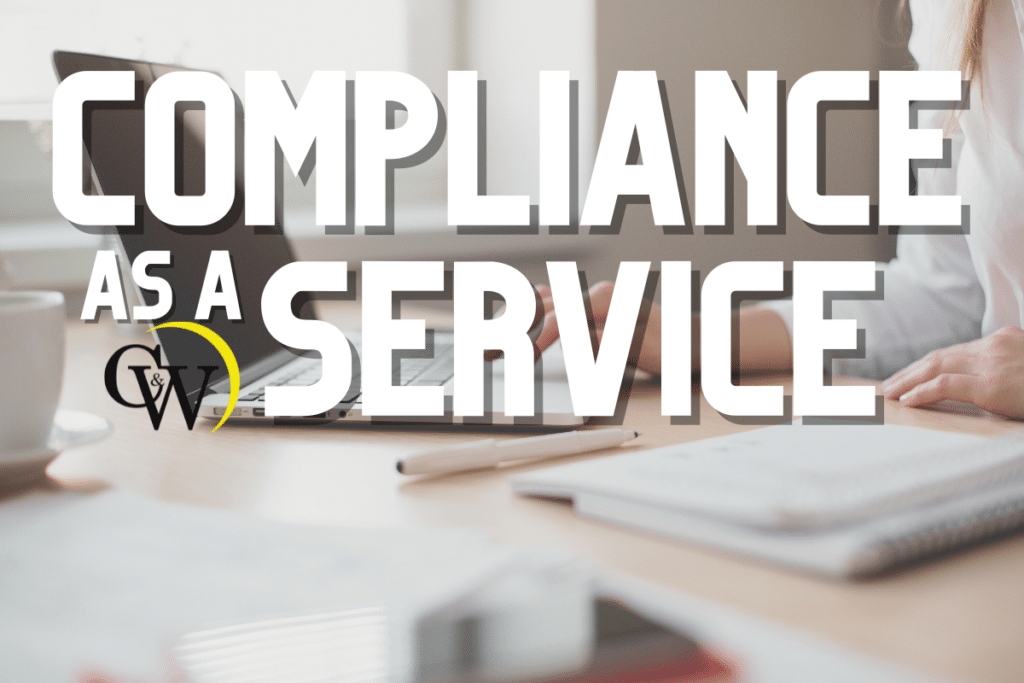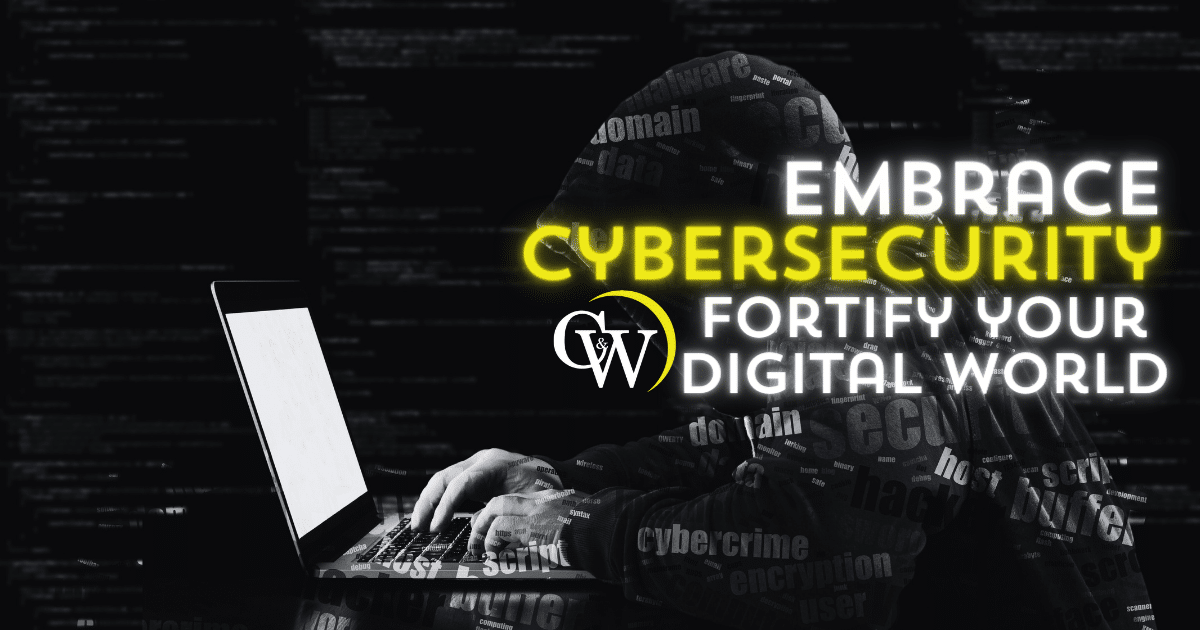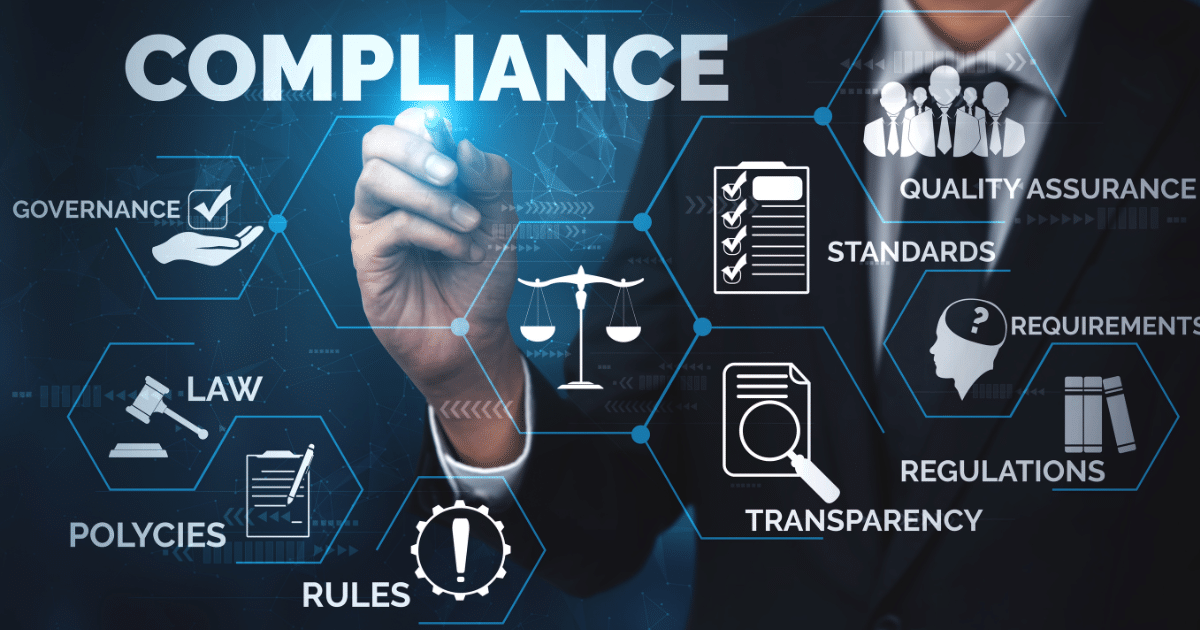Increase Your Cyber Security and Business Continuity Through Compliance as a Service: Taking your CPA Security to the Next Level with These 5 Tips

What is a CPA Security? Mediocre Security is no Longer Sufficient
Cyber attacks are real and can be a detriment to your organization. Strategies and procedures must be put in place to ensure your CPA firm meets business continuity requirements and regulatory requirements.
CPA Security is a comprehensive security solution designed by Certified Public Accountants to provide an extra level of protection for their businesses and clients. It can be used to protect confidential documents, financial information, and other sensitive data from unauthorized access or malicious attacks.
Cyber Security and Business Continuity- Why Should CPAs Consider CPA Security?
CPA Security is vital for accounting firms, offering an additional layer of protection for confidential documents and financial information. It minimizes the risks of data breaches or malicious attacks, providing companies with peace of mind that their information is safe. This is especially important for clients with sensitive personal or financial data. CPA Security also streamlines routine security tasks, saving time and money. It includes a comprehensive disaster recovery plan to ensure business continuity. Developing a comprehensive security solution with encryption, firewalls, and authentication is crucial for CPAs.
How Can CPAs Implement CPA Security?
CPAs can implement CPA Security by partnering with a trusted security provider specializing in this solution. The provider will offer support, guidance, and resources to help you get started. Together, you can develop a customized plan that meets your business needs. This includes steps like installing antivirus software, setting up firewalls, and configuring access controls for confidential documents. CPAs can also use traditional approaches like role-based access controls and encryption. The provider can offer training on best security practices for employees and clients to handle confidential information.
How Does CPA Security Work?
CPA Security utilizes various technologies for enhanced security. It begins with a secure login system, requiring credentials and multi-factor authentication. The software also employs encryption technology to safeguard data from cyber threats.
Additionally, Security offers compliance as a service, aiding companies in meeting industry regulations and corporate policies. This ensures CPAs maintain their reputation and avoid penalties for non-compliance.
5 Ways to Improve Your Security
Cyber-attacks are a pain! They cause business disruptions to organizations. It is critical for your organization.
How can you minimize the risk of attack? What processes and solutions can you instill in your organization to minimize the risk of attack?
- Ensure you have a secure login system with multi-factor authentication
- Utilize encryption technology to protect data from potential cyber threats
- Implement role-based access controls to limit unauthorized access
- Make sure all employees are trained on best security practices for handling confidential information. This is key and a critical step.
- Take advantage of compliance as a service to stay compliant with the industry.
What is Compliance as a Service (CaaS)?
Compliance as a service is an online solution that helps CPAs meet regulations and standards. It provides automated tools for secure document storage, quick report creation, and maintaining digital records in line with laws. This comprehensive service enables CPAs to manage compliance efficiently and cost-effectively. Businesses must adhere to rules and regulations, including secure infrastructure, user authentication, and ongoing employee training on data security.
3 Types of Compliance
- Data Privacy Compliance: This compliance focuses on protecting personal data from unauthorized access or misuse, ensuring secure storage, and proper management in accordance with applicable laws.
- Anti-Money Laundering (AML) Compliance: This compliance helps identify and prevent money laundering activities, such as monitoring transactions and detecting suspicious activity, such as large fund transfers or customer record discrepancies.
- Anti-Bribery and Corruption (ABC) Compliance: This compliance prevents companies from engaging in bribery or corruption, with policies in place for reporting potential violations.
CPA Security provides CPAs with the tools and resources to ensure compliance, protect businesses, and clients from security threats. It is an essential component of any accounting firm’s security strategy.
What are the Benefits of Compliance as a Service?
Compliance as a service aids businesses in adhering to regulations and standards, saving CPAs time, money, and resources. The platform enables effortless document storage and retrieval, simplifying record access and management. It also ensures the availability of necessary information when needed.
4 Steps to Maintain Compliance:
- Establish policies: Create guidelines for data handling, storage, and access.
- Monitor activity: Regularly check for security risks and breaches.
- Train personnel: Educate employees on security protocols.
- Review records: Periodically verify document accuracy and currency.
CPAs should also stay updated on regulatory and industry changes that impact compliance.
Cybersecurity is a Must in Business Continuity Planning!
Cybersecurity is crucial for business continuity plans as it safeguards confidential data and financial information from cyber threats. It also ensures regulatory compliance and protects the reputation of companies by preventing unauthorized access to sensitive data. Prioritizing cybersecurity in continuity plans is essential for protecting information and maintaining smooth operations.
Let C&W Technologies Help You Secure Your Business!
C&W Technologies offers complete security solutions for CPAs and businesses. Our IT experts can develop custom security plans to ensure data safety, compliance, and security. Services include network monitoring, malware protection, antivirus, encryption, and more.
If you’re looking for a reliable and secure CPA security solution, look no further than C&W Technologies. Contact us today to find out how they can help your business stay compliant with regulations and protect your data from cyber threats. Let C&W Technologies help you secure your business!
Frequently Asked Questions (FAQs)
Q: Who Needs Compliance Services?
A: Any business that handles confidential information or financial records should consider investing in a compliance service. This includes CPAs and other accounting firms.
Q: What Compliance Risks CPAs Should be aware of?
A: Non-compliance risks can occur when companies fail to follow laws or industry standards, leading to fines, legal action, and reputational harm. It’s crucial to be aware of these risks and take measures to safeguard confidential data.
Q: How can C&W Technologies Help CPAs Maintain Compliance?
A: What are your business’s compliance requirements? C&W Technologies provides comprehensive security solutions to help CPAs and other businesses stay compliant with applicable regulations and standards.
We provide services such as network monitoring, malware protection, antivirus protection, encryption technology and more. They also help with developing secure policies, providing ongoing employee training, and monitoring for activities that could lead to compliance issues. Let C&W Technologies help you secure your business!
Q: What is a Business Continuity Plan?
A: When disaster strikes, it affects the entire organization. A business continuity plan is a document that outlines steps for ensuring operational continuity during emergencies or disruptions. It includes strategies for data protection, staff preparedness, and backup system development.
Q: What is Proactive Compliance?
A: Proactive compliance involves ensuring the business meets industry regulations and standards through daily business operations. For example, this includes reviewing documents, staying updated on changes, implementing security measures, and training personnel on data protection.
Taking proactive steps helps protect reputation and confidential information.
Q: What is Disaster Recovery Planning?
A: Do you have a set process in place in the case of a disaster? A business disruption can be detrimental for your business. Furthermore, during a crisis, such as a heavy storm, hackers are more apt to attack.
Disaster recovery planning involves creating a strategy to effectively respond to emergencies or disasters. This includes identifying risks, assessing impacts on business operations, developing quick and efficient response strategies, evaluating capabilities, and establishing clear goals.
Q: What Should I Consider When Assessing an Organization’s Critical Data?
A: When evaluating an organization’s critical data, companies should assess the potential impact of a breach or loss on business operations, the financial costs associated with a breach or disruption, and the steps needed for recovery. Additionally, businesses should assess their internal response capabilities and the risks posed by external threats.
Q: How do I Conduct a Business Impact Analysis?
A: A business impact analysis assesses the potential impacts of disruptions on operations. It identifies critical processes, assesses costs of interruptions, sets recovery time objectives, and evaluates internal capabilities to mitigate losses. Companies should also consider external risks like supply chain disruptions or natural disasters.
Q: What is the Notifiable Data Breach Scheme?
A: The Notifiable Data Breaches (NDB) scheme is a regulatory requirement in Australia under the Privacy Act 1988. It mandates that organizations notify individuals when there is unauthorized access or disclosure of personal information. This applies to all organizations with existing obligations under the Privacy Act 1988.
Organizations must take reasonable steps to protect personal information from misuse, interference, loss, or unauthorized access. If a data breach occurs, affected individuals must be notified within a specific timeframe, along with guidance on protecting themselves. This scheme ensures compliance, raises awareness of risks, and empowers customers to take appropriate action.
Q: What is the Need for Cyber Insurance?
A: Do you know your cybersecurity risk? Security breaches can cause reputational damage. C&W Technologies are your compliance experts with 38+ years of experience.
With the introduction of the Notifiable Data Breach Scheme and increasing cyber risks, it’s essential for companies to stay ahead of their cybersecurity.
C&W Technologies can help your company identify key points in your systems, procedures, and processes that need updating in order to maintain compliance with the Privacy Act 1988 and Accountability Act. Get a comprehensive security audit today to ensure you’re secure and compliant. Let C&W Technologies help you secure your business!
With the rising cyber-attacks, companies should consider investing in cyber insurance to protect their business from losses due to data breaches or cyber threats.
Cyber insurance helps cover costs like credit monitoring services, legal fees, and business interruption caused by security incidents. It also provides access to experts for guidance on incident response. Work with insurance providers to find the right coverage for your business needs and budget.

